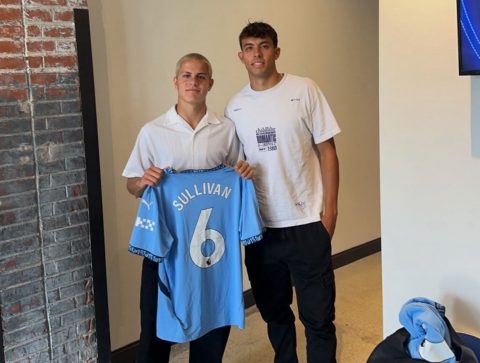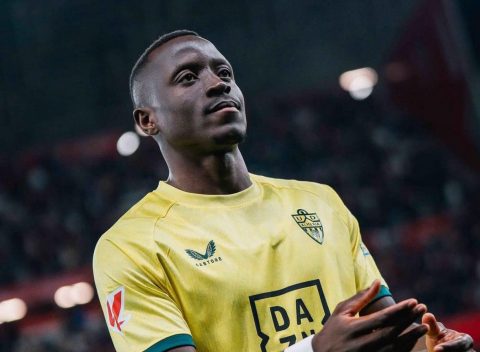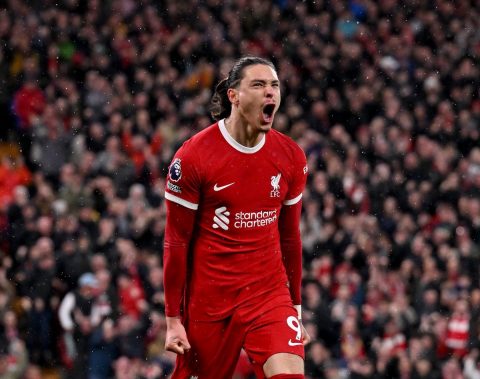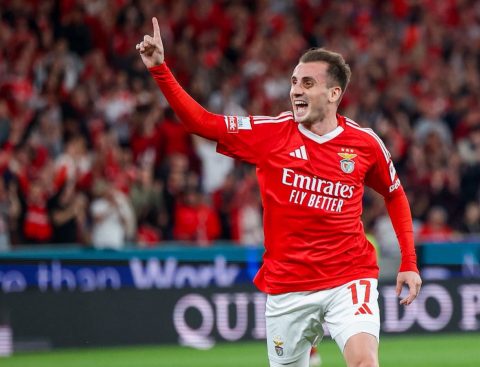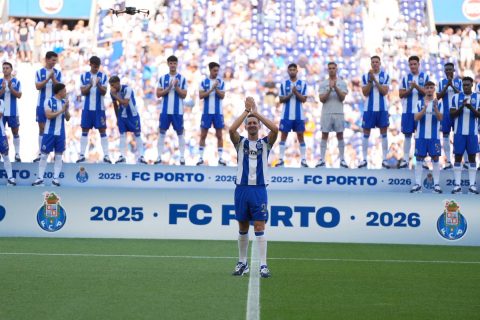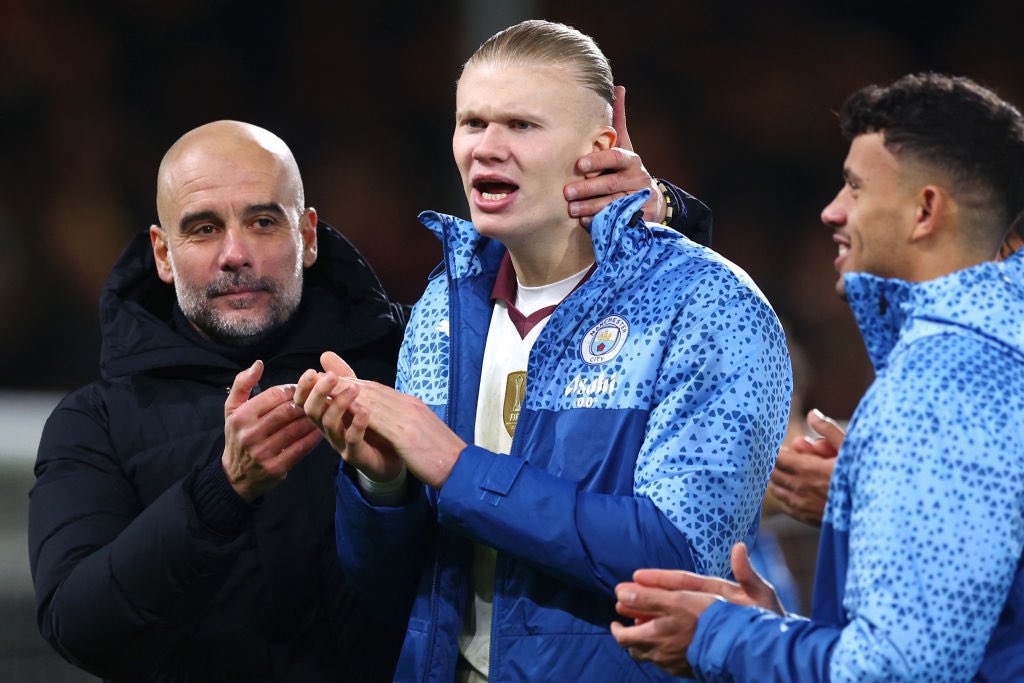In a surprising move, Pep Guardiola, Manchester City’s esteemed manager, made headlines with his decision not to start Erling Haaland in the latest Premier League fixture. Haaland, known for his prowess and ability to change the game, was notably absent from the starting eleven, raising questions and discussions among fans and analysts alike.
Guardiola’s Revelation
During the pre-match press conference, Guardiola addressed the speculation swirling around Haaland’s absence. He trained a little bit yesterday but spoke this morning and said he doesn’t feel good… so we choose another one, Guardiola mentioned, shedding light on the decision-making process that led to one of football’s rising stars starting the game on the bench.
Haaland’s Struggles and Team Adjustments
While Haaland’s physical condition raised concerns, Guardiola was quick to emphasize the strength and depth of his squad. The team’s ability to adapt and strategize without relying solely on Haaland speaks volumes of their resilience. Guardiola’s statement not only highlights his tactics but also sends a clear message – Manchester City is a team that values collective effort over individual brilliance.
The Context: Recent Performances and Squad Dynamics
Erling Haaland has been pivotal for Manchester City since his arrival. His impressive goal-scoring record in the Premier League has contributed significantly to the team’s success. However, the decision to rest him underscores a strategic move by Guardiola to ensure player fitness across a grueling season.
Manchester City’s squad depth means that players like Julian Alvarez and Phil Foden can step up when required, akin to the strategies observed in other elite clubs. Guardiola’s flexibility in squad selection is akin to his tactical genius displayed in crucial matches, ensuring his key players are ready for season-defining fixtures.
Impact on the Match and Series
The absence of Haaland brought a fresh dynamic to City’s gameplay. With different personnel on the pitch, the team displayed a variation in tactics that fans hadn’t seen much of this season. This unexpected lineup change created new challenges for their opponents, who may have been more prepared to face a Haaland-led attack.
As the Premier League season progresses, Guardiola’s management of his squad will undoubtedly be a key factor in the club’s pursuit of titles. Rotating players effectively to manage their physical and mental load is crucial in maintaining competitiveness across domestic and European competitions.
Looking Ahead: Predictions and Analysis
Manchester City’s strategy for the remainder of the season will likely involve balancing Haaland’s appearances with ongoing fitness assessments. Ensuring Haaland remains in peak condition for essential fixtures, like those against rivals in the hunt for the Premier League title or in crucial UEFA Champions League matches, will be paramount.
Many analysts predict that Guardiola will continue his rotational policy, providing ample game time to squad members who have demonstrated their capability on the biggest stages. This approach not only safeguards players from burnout but also enhances team cohesion and ensures competition for places remains robust.
